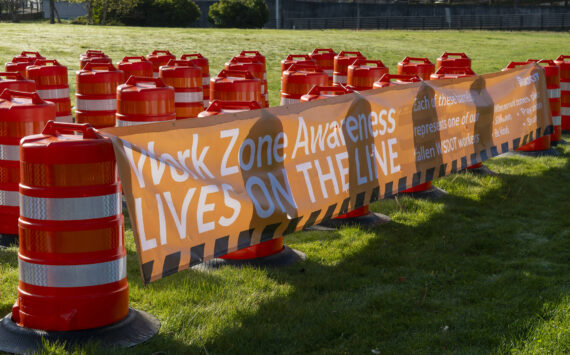If you’re too poor to rent an apartment or go to a bar, where can you drink?
It sounds like a trivial question. But the prohibition on public alcohol (and, more recently, cannabis) consumption effectively requires homeless people to stay sober while allowing everyone else to get as wasted as they want. Which is ironic, considering that the homeless and desperately poor tend to have much stronger reasons for seeking emotional anesthetic than the rest of us.
Ironic, and effectively racist, it turns out. According to a new report from the Community Policing Commission (h/t to Dan Beekman at the Times), 24 percent of public drinking citations between 2004 and 2013 went to black people, who make up 8 percent of Seattle’s population. Another 14 percent went to Native Americans, who make up less than 1 percent of the city. Citations were heavily focused downtown, rather than in Seattle’s more affluent neighborhoods.
But the CPC also offers a solution: “wet parks,” aka public BYO beer gardens. These would be essentially safe consumptions sites for booze. From the report:
The CPC recommends that the City of Seattle adopt an exception to the existing municipal code that would allow public drinking in designated areas. This approach is not unheard of: there are currently 18 cities in the United States that have a similar exception, and last year a bill to allow drinking in certain outdoor areas even passed the Ohio legislature.
CPC member Lisa Daugaard points out that people all over the city already drink in public—for instance, after a Seahawks game. “The fact is, we don’t [cite people for drinking in public,] except downtown,” she says. “Apparently it’s not that terrible to drink outdoors for most people.” Plenty of people drink in public in Greenlake, she says, “but we don’t find it necessary to issue them citations. If that’s okay, it must not be that terrible to give [citations] up in the West precinct.”
Yet Daugaard also acknowledges that neighbors and business owners have legitimate complaints when they point to gutterpunks sipping malt liquor on their doorstep. Daugaard admits that she hasn’t always taken those complaints seriously in the past, but now she says she wants to create policy solutions that work for everyone by giving drinkers somewhere to drink and residents, business owners, and police somewhere to send them. “We realize that [simply de-policing] not a sufficient answer for communities that want something done,” she says.
Speculating for a moment, it’s also possible that creating wet parks could reduce class barriers by getting yuppies and winos tipsy together. Stay tuned.
When asked about the proposal, several city councilmembers told us that they haven’t had a chance to review it yet. We’ll report back with their responses when we have them.







